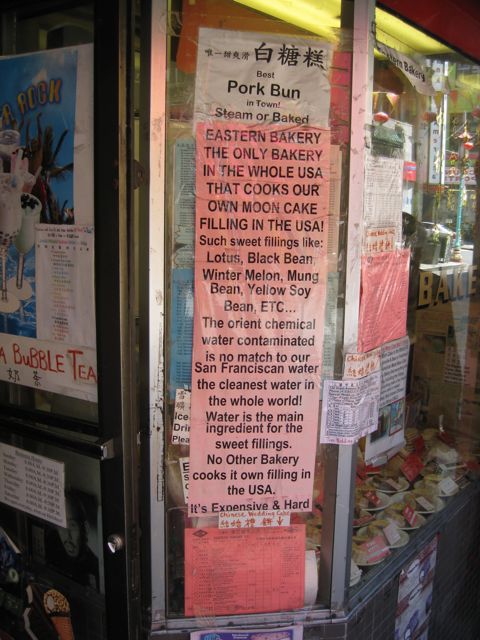There are three interlocking fundamental federal water policy/politics principles that are important to understanding current discussions over California congressman Devin Nunes’ legislation aimed at reshaping the distribution of water flowing through his state’s Central Valley.
First, federal subsidy has long been necessary for the big water projects that make the West as we know it work. Second, the money available for federal subsidy is limited, and there are always other competing demands, especially from other places. That leads to the third principle, which is the longstanding tradition of states settling their differences internally, then approaching Congress united.
Now comes Rep. Devin Nunes, with legislation that passed yesterday out of the House Natural Resources Committee that seems intent on ignoring these principles. McClatchy’s Michael Doyle does a nice job on the bill’s specifics, and I’ll entrust you to his care for those details. I’d like to point you in particular to this bit in Doyle’s story:
Senate rules and traditions give Democratic Sen. Dianne Feinstein, the Senate’s author of the original San Joaquin River restoration plan, considerable clout in blocking home-state bills. In a joint letter delivered Thursday, Feinstein and Democratic Sen. Barbara Boxer reiterated their “strong opposition” to the House bill, which they called “troubling.”
“Unless we’re willing to work with (Feinstein), the measure will never become law,” stressed Rep. Jim Costa, D-Fresno, who voted for the bill even as he complained about a “disappointing” lack of bipartisan collaboration.
Adding to the political impediments, the Brown administration’s top resources officer warned that the overall House bill “wreaks havoc” with ongoing efforts to balance water use.
In other words, this bill is dead. It’s not real. It’s theater. Nunes seems to be intentionally blowing up the necessary preconditions for California to work with the federal government on arranging the necessary water subsidies for his constituents who, frankly, really need subsidized water.
What’s the point of the theater? Devin Nunes is not a stupid guy, so he obviously knows his bill goes nowhere. What’s his end game?
Over at On the Public Record, I suggest one hypothesis – that Nunes is trying to move the “Overton window”, laying out an extreme position that, while untenable, moves the framework of what counts as acceptable over in his direction. OtPR entertains another possibility, taking the legislation on its face as an effort to rewrite California’s internal water distribution hierarchy.
Dunno what’s right here. Other ideas?



